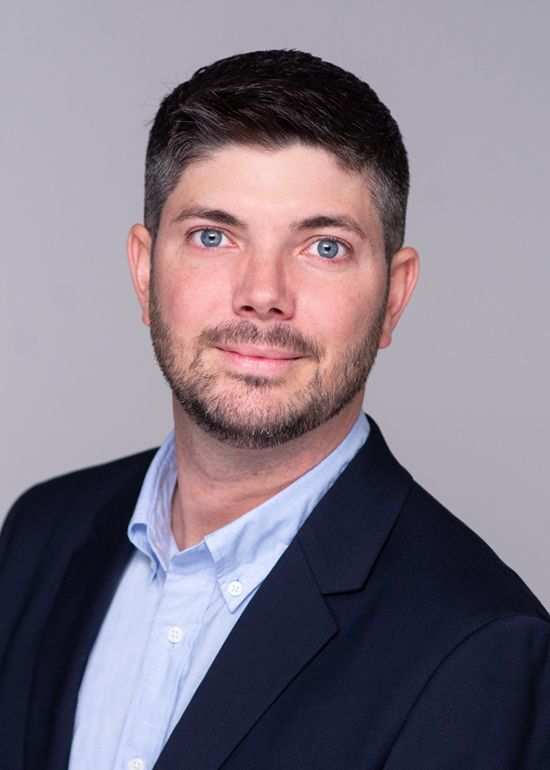 Tres Seippel
Tres Seippel
Director
Construction Management
Arbor
How do you see ‘Missing Middle’ housing products evolving within BTR strategies?”
Missing Middle housing products will continue to play a larger role in the BTR space due to their diverse offerings, catering to a wide range of renters seeking more affordable, walkable, and community-focused environments. By integrating these housing types into BTR developments, institutional investors and developers can provide flexible and affordable options, while benefiting from operational efficiencies and scale.
 Paul Davey
Paul Davey
CEO
Balcara Group
What do your residents want most today? How are you tracking the resident experience?
Garages, outdoor space, schools. We track with leasing discussions and onsite conversations.
Which markets are you most bullish on moving forward? Are you looking to exit any markets?
Texas and Florida. Follow the jobs and population growth.
What is going to separate the winners from the losers in BTR?
Location.
What are you seeing with regards to financing availability and cost of capital for BTR projects?
Equity is at least talking, as opposed to silence of the past two+ years. Nothing aggressive yet. Banks are in the game again.
How will the election results in November impact BTR and residential real estate?
No one can say with any degree of certainty. Recession is on the horizon, which will be good for interest rate cuts, but bad for consumers, so bad for operations.
 Michael Foote
Michael Foote
Counsel
Banyan Utility Company
What do your residents want most today? How are you tracking the resident experience?
Our customers’ residents want accuracy and transparency into the amounts they are being charged. Our dedicated resident relations personnel categorizes and tracks resident interactions with the team by issue type(s).
Which opportunities are you targeting moving forward?
Solar opportunities, middle to lower market where offerings can be modified to suit customer needs.
What is going to separate the winners from the losers in BTR?
Those that pair NOI growth with reducing expenses.
How do you see ‘Missing Middle’ housing products evolving within BTR strategies?
We are working on this issue as well (see above). Operators maximize the financial vehicles available to finance the build and dedicate to the middle market for a time period.
How will the election results in November impact BTR and residential real estate?
Will be huge due to the consumer protection.
 Mackinley Robinson
Mackinley Robinson
Senior Director, Mortgage Banking
Berkadia
Mackinley Robinson is a Senior Director of Berkadia’s Seattle Mortgage Banking office. He co-leads Berkadia’s national BTR & SFR financing strategy and provides debt and equity financing for properties to facilitate acquisitions, developments, refinances, and recapitalizations across the United States. Mr. Robinson represents capital partners Fannie Mae, Freddie Mac, HUD, Life Companies, CMBS, Banks, and private capital. Throughout his career, Mr. Robinson has worked on the closing of more than $2 billion in financings for clients.
Mackinley is an active member of NAIOP, serving as a former Co-Chair of the DL Committee, and representing the Pacific Northwest region on a National Forum. Mr. Robinson holds a bachelor’s degree, Magna Cum Laude, in Finance from Western Washington University, and a Certificate in Commercial Real Estate from the University of Washington.
Education & Certifications
- Western Washington University, BA – Finance
- University of Washington, Certificate in Commercial Real Estate
Affiliations & Memberships
- NAIOP
What do your residents want most today? How are you tracking the resident experience?
Right now I think consistency and stability, knowing that rent bumps will be predictable and understandable, and being closer to urban centers. In addition, security, safety, and technology incorporated into the home.
Which markets are you most bullish on moving forward? Are you looking to exit any markets?
Most bullish on certain stronger economic Midwest markets and the west coast. Florida is challenging due to insurance and the increasing cost w/ stagnant wages, and Texas and Phoenix are challenging due to the supply.
What is going to separate the winners from the losers in BTR?
Access to patient and affordable capital. Time constraints are the only factor that can really cause issues.
What are you seeing with regards to financing availability and cost of capital for BTR projects?
Interest rates have come down, interest rate caps have come down, but leverage has also come down.
How do you see ‘Missing Middle’ housing products evolving within BTR strategies?
Not really, most projects are underwriting rents to the maximum amount the market can bear.
How will the election results in November impact BTR and residential real estate?
Most likely, we will see more activity post-election if republicans win.
 Larry Franks
Larry Franks
President, Florida
BrightSky Residential
Which markets are you most bullish on moving forward?
We like the sunbelt states and are expanding Operations in the SE.
Are you looking to exit any markets?
Not at this time.
What is going to separate the winners from the losers in BTR?
Access to Capital. Strong partners for construction and management of units if you outsource.
What are you seeing with regards to financing availability and cost of capital for BTR projects?
Capital is there for right markets but expectations on returns continue to rise. They are also weary of projects too large.
How do you see ‘Missing Middle’ housing products evolving within BTR strategies?
Difficult to pencil “affordable” projects with existing capital requirements.
How will the election results in November impact BTR and residential real estate?
Market could be decimated if Democrats win in all 3 houses. They will go after all residential asset classes in the name of “fairness”. They could also eliminate any corporation from owning more than x# of units in any marketplace or overall…. very scary.
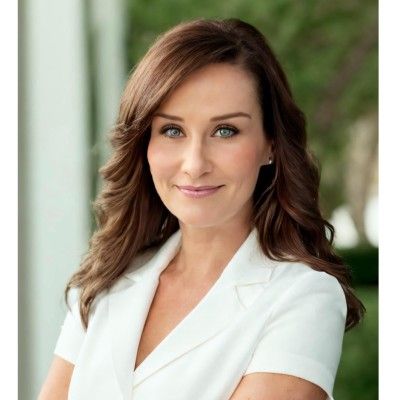 Jessica Delis
Jessica Delis
Director, Operations
Cardinal Group
What do your residents want most today? How are you tracking the resident experience?
Our residents today are primarily seeking spacious homes that cater to their needs, along with access to desirable common space areas and amenities. High-demanded amenities include pools, BBQ areas, yards, and community events. While we gather information about items most important to the prospect initially, we continuously gather insights throughout their stay with us. To understand their needs consistently we use a reputation tool called Opiniion. The tool enables us to distribute surveys and gather feedback, ensuring we perpetually provide what our residents value most.
What is going to separate the winners from the losers in BTR?
In the Built-to-Rent (BTR) sector, the winners distinguish themselves by not only offering an excellent product but also delivering an exceptional experience that sets them apart from the competition.
How do you see ‘Missing Middle’ housing products evolving within BTR strategies?
The Missing Middle will continue to evolve within the BTR strategies to better align with consumer preferences. While Missing Middle was traditionally considered a more affordable option, typically featuring duplexes or triplexes with minimal amenity space or yards, we now see it evolving to offer the type of living experience one might expect as a homeowner in a master-planned community. This shift reflects a growing demand for balance for affordability, space and access to desirable amenities.
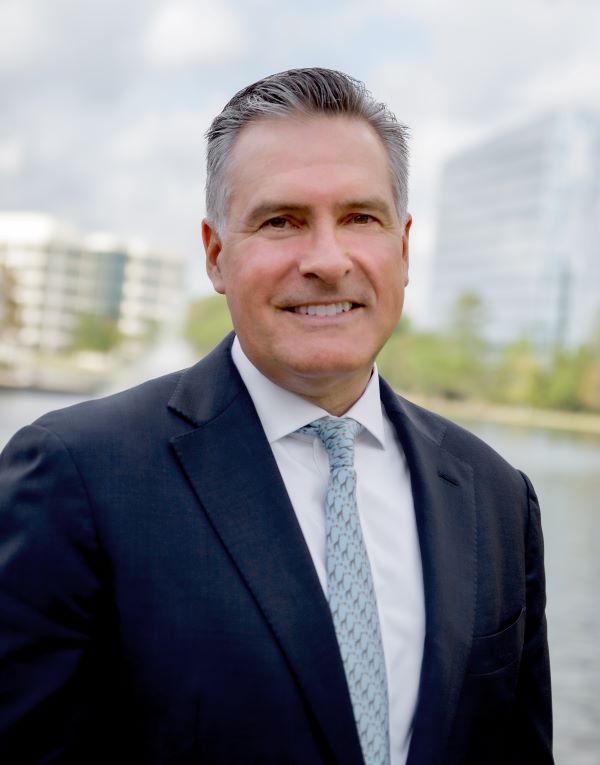 Ed Steffelin
Ed Steffelin
Managing Director
George Smith Partners
What do your residents want most today? How are you tracking the resident experience?
Garages and backyards. Tracking experience with survey and general pm feedback.
Which markets are you most bullish on moving forward?
Are you looking to exit any markets? Tampa, Houston & Dallas.
What is going to separate the winners from the losers in BTR?
Access to capital, ability to build at a low cost. It is not just a demand game but also a price game.
What are you seeing with regards to financing availability and cost of capital for BTR projects?
Debt financing is very available at SOFR 300 to 400.
How do you see ‘Missing Middle’ housing products evolving within BTR strategies?
I think we continue to see it spread in all shapes and sizes.
How will the election results in November impact BTR and residential real estate?
No impact.
 Mitch Roschelle
Mitch Roschelle
Managing Director & Chief Strategy Officer
Madison Ventures+
What do your residents want most today? How are you tracking the resident experience?
Value and modern in home amenities seem to be the most important things to residence today. we occasionally do surveys of tenant satisfaction, however ultimately least renewals are the best evidence of tenant and satisfaction.
Which markets are you most bullish on moving forward? Are you looking to exit any markets?
We are most bullish on Fla right now. The migration of new residence into the state well exceeds the new supply of for sale and for rent housing. We think many opportunities exist in less well-known counties.
What is going to separate the winners from the losers in BTR?
Home quality is going to be the real differentiator over time.
What are you seeing with regards to financing availability and cost of capital for BTR projects?
Financing both debt and equity remain the biggest challenges.
How will the election results in November impact BTR and residential real estate?
I do not believe the election per se will have an impact on real estate, however regardless of who wins, we need sensible fiscal and monetary policy.
 Robert Wick
Robert Wick
VP Finance & Corporate Development
Meritage Homes
Which markets are you most bullish on moving forward? Are you looking to exit any markets?
Continues to be the SE markets but believe opportunities remain throughout TX, AZ, CO, FL.
What is going to separate the winners from the losers in BTR?
Those who are very disciplined with their strategy.
What are you seeing with regards to financing availability and cost of capital for BTR projects?
Appears to be getting better.
How will the election results in November impact BTR and residential real estate?
Most likely, the results will not lead to much of an impact. But I would expect housing to a be major conversation for years to come.
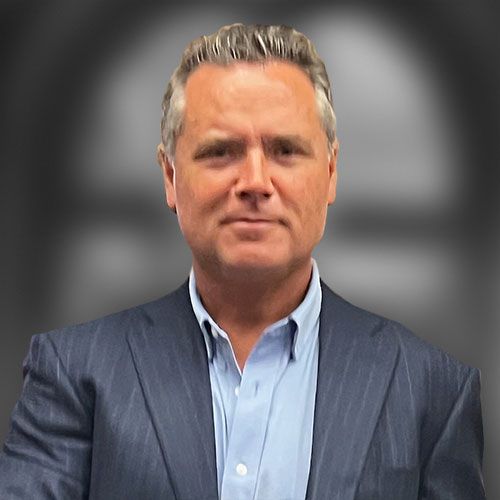 Troy Mertz
Troy Mertz
President
Moda Homes
What do your residents want most today?
Our residents want open floorplans with modern amenities such as smart home tech, high-speed internet, and EV charging. They also want responsive communication from property management and fast and efficient maintenance services. Lastly, they want all these things at a price and terms that works within their budget.
How are you tracking the resident experience?
Moda tracks the entire resident experience from first website visit to move-out. We use a number of different tools to track and measure our performance and our resident’s satisfaction inclusing Inspeclet, Entrata, and AskNicely. We use a tool called Inspectlet that allows us to see how users are actually engaging with our website by recording every user session. We use Entrata as our property management system. Entrata tracks all prospect and resident activity, directs our day-to-day operations, and automates some of our communications. Lastly, we use a tool called AskNicely to engage our prospects and residents to get a better understanding of where we are doing a great job and where we need to make improvement based on surveys focused on key areas of the resident journey (post tour, move-in, following a work order, and 30-days prior to lease expiration). The combination of these tools allows Moda Homes to make constant iterative changes that improve our resident’s satisfaction.
Which markets are you most bullish on moving forward?
Chicagoland very bullish.
What is going to separate the winners from the losers in BTR?
Land - make sure you have strategic land assets and full pipeline.
What are you seeing with regards to financing availability and cost of capital for BTR projects?
Difficult to finance, but that creates the opportunity.
How do you see ‘Missing Middle’ housing products evolving within BTR strategies?
There are two residential demographics, those wealthy enough to buy and those earning high income but not interested in buying because of down payment or fear. Townhomes are the best product to capture the broadest market, as you move through the Middle you need to be very strategic on pricing, otherwise you will lose to the Buy versus Sell conundrum.
How will the election results in November impact BTR and residential real estate?
No impact, housing is a basic need. Both parties say they want to make it more affordable but neither understand how to make it happen.
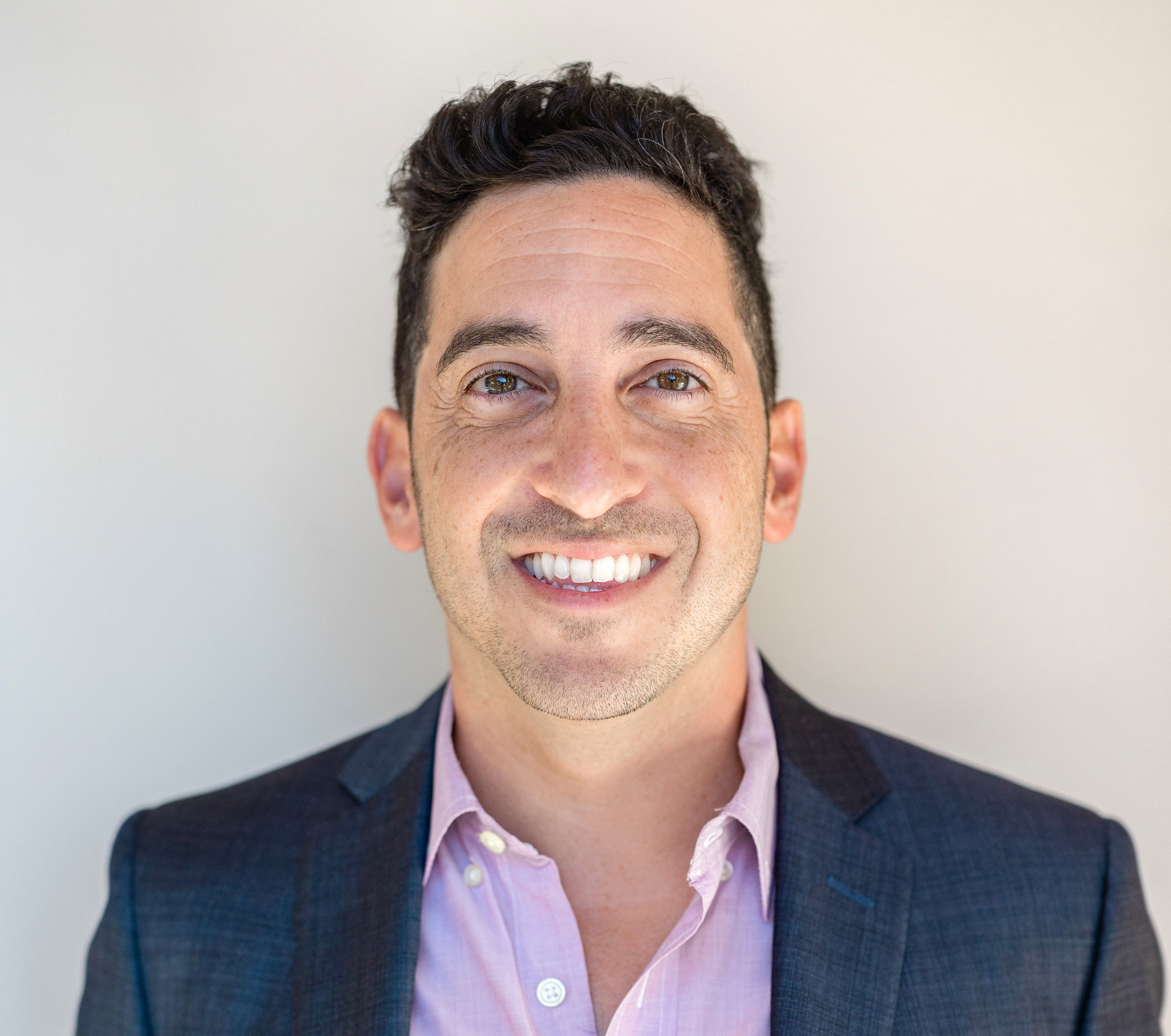 David Shlomi
David Shlomi
Founder & Managing Principal
Stone View Holdings
What do your residents want most today? How are you tracking the resident experience?
Over the past year, tenants have become increasingly focused on the monthly all-in-cost to rent. We send tenants surveys to track their experience.
Which markets are you most bullish on moving forward? Are you looking to exit any markets?
We are bullish on Kansas City.
What is going to separate the winners from the losers in BTR?
Location. Location. Location. While product and finishes are relevant, to the extent you are in a supply constrained location then you will be better set up for success.
What are you seeing with regards to financing availability and cost of capital for BTR projects?
It is tough to make sense of debt financing in today’s environment. Private capital is available, but expensive. Otherwise, the main source for stabilized capital is agency debt. We have seen life insurance debt become more active for stabilized product as well.
How will the election results in November impact BTR and residential real estate?
I think the Feds decisions will be more prevalent for BTR and residential real estate.
 Jeff Cline
Jeff Cline
CEO
SVN | SFR Capital Management
What do your residents want most today? How are you tracking the resident experience?
Residents are truly enjoying the SmartLIV features and benefits suite, which includes reduced monthly power and internet bills, as well as the added safety and convenience of SmartHome technology like the RING doorbell. In addition to these modern amenities, residents also prioritize fast response times to repairs and maintenance requests, ideally within 24 hours. They seek quality housing in communities that offer open spaces, walking trails, dog parks, and proximity to quality schools, friends, family, and entertainment.
Which markets are you most bullish on moving forward? Are you looking to exit any markets?
We are not exiting any markets; instead, we are focusing on expanding into additional Tier 1 MSA’s and select Tier 2 markets. We are particularly bullish on Austin, Phoenix, Las Vegas, Charlotte, and key markets in Texas and Florida.
What is going to separate the winners from the losers in BTR?
The BFR sector is currently one of the highest-performing commercial real estate asset classes in the nation, so we expect few losers in the industry. However, some communities may see lower returns if sponsors fail to adapt from a for-sale retail home model to a BFR model. BFR operators who enter the market early in 2025, particularly in the first and second quarters, and establish strong performance credentials with developers and builders, are likely to secure long-term pipeline access and position themselves for success in the coming years.
What are you seeing with regards to financing availability and cost of capital for BTR projects?
Financing remains a major hurdle in the BFR space, with higher rates and lower leverage limiting annual production. Despite these challenges, debt is still available, and most anticipate that rates will continue to decrease over the next couple of years. Although equity is more challenging to raise than debt, establishing a long-term, programmatic equity partner is crucial. This approach will allow investors to capitalize on the current lack of supply in BFR housing, with the potential for significant returns as communities are built out, stabilized, and then either refinanced in 2027 or sold at a favorable cap rate arbitrage. In this environment, community optimization becomes critical to success.
How do you see ‘Missing Middle’ housing products evolving within BTR strategies?
BFR is poised to remain the key solution for addressing housing needs in the middle-income segment across the nation. On average, BFR offers a monthly savings of approximately $1,100 compared to owning a similar home, making it a more affordable option. Rising homeowners insurance costs and increasing property taxes are further pushing homeownership out of reach for many, solidifying BFR as an increasingly attractive alternative.
How will the election results in November impact BTR and residential real estate?
Yet to be determined, I quit estimating political impact about 45 years ago! However, the housing market's fundamental issues—such as the dearth of supply and the outsized demand—are likely to persist well beyond this election cycle and the next, making the election's influence on these trends minimal.
 Paul Fiorilla
Paul Fiorilla
Director of Research
Yardi Matrix
Paul Fiorilla is Director of Research at Yardi Matrix, where he oversees publishing CRE market outlooks and white papers about industry trends. He has nearly 30 years of experience as a researcher and analyst in commercial real estate. Before joining Yardi in January 2015, he spent six years as an investment vice president in the research group of Prudential Real Estate Investors (now PGIM), and for 12 years covered CMBS and CRE capital markets for Commercial Mortgage Alert.
Paul is an active member of industry trade groups including CRE Finance Council, Pension Real Estate Association (PREA), National Multifamily Housing Council, National Association for Business Economics and National Council of Real Estate Investment Fiduciaries (NCREIF). He is a contributing author to the Urban Land Institute/PWC’s annual Emerging Trends outlook and has served since 2011 as volunteer editor in chief for the CRE Finance Council’s magazine, CRE Finance World. He regularly contributes articles to industry trade publications including PREA Quarterly, Institutional Investor’s Real Assets Adviser, and Summit Journal (published by the Association of Foreign Investors in Real Estate).
Which markets are you most bullish on moving forward? Are you looking to exit any markets?
I expect demand to remain strong for SFR across the country because of the number of people who want the amenities of single-family homes but either can’t afford or don’t want to buy. Unlike multifamily, supply is distributed unevenly across the country. For example, there is very little product in the Northeast where demand would be strong.
What is going to separate the winners from the losers in BTR?
Winners will be those that figure out how to operate the most efficiently, because SFR/BTR is a relatively new sector, and because of the complexities in dealing with scattered portfolios.
How do you see ‘Missing Middle’ housing products evolving within BTR strategies?
Focusing on building communities as opposed to buying scattered sites provides BTR developers an opportunity to control factors such as costs, amenities and quality of construction.
How will the election results in November impact BTR and residential real estate?
The housing policies of both parties are mixed. Specifically about SFR/BTR, leaders in both parties have blamed institutions for rising housing costs, which is foolhardy. That said, the most important thing for continuing the strong demand for BTR and residential real estate in my view is a healthy economy and growth, which are best achieved through stability and maintaining the global order that underpins prosperity in the U.S. Recent economic downturns have often been the result of exogenous events on the global stage.


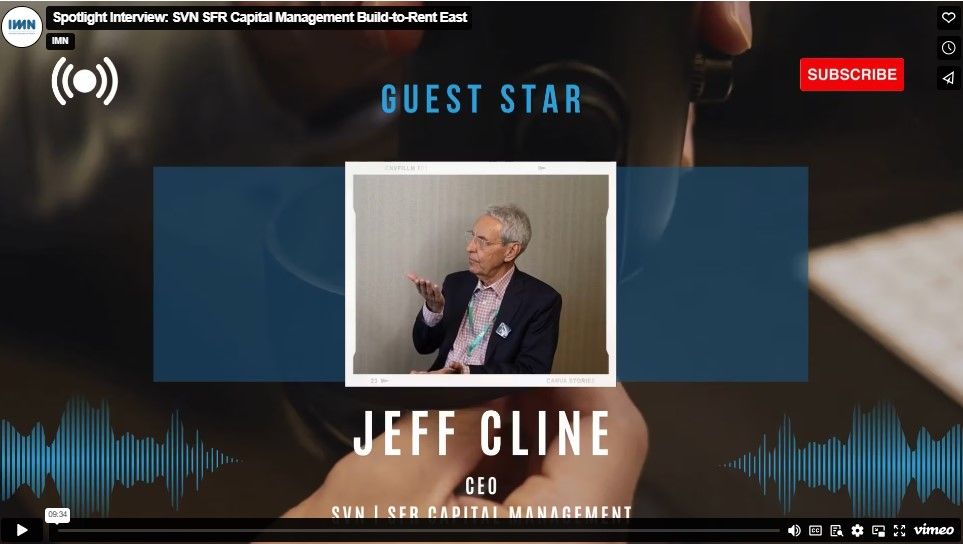
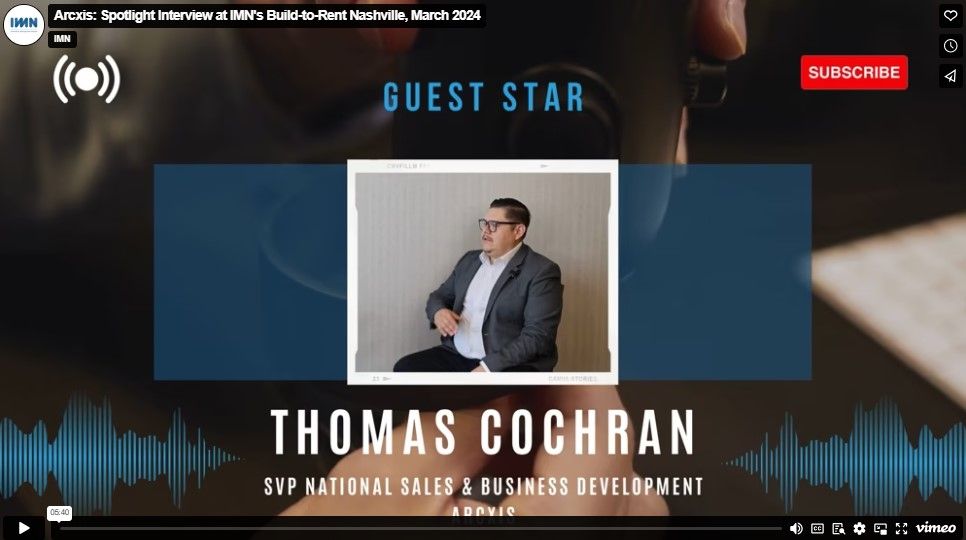
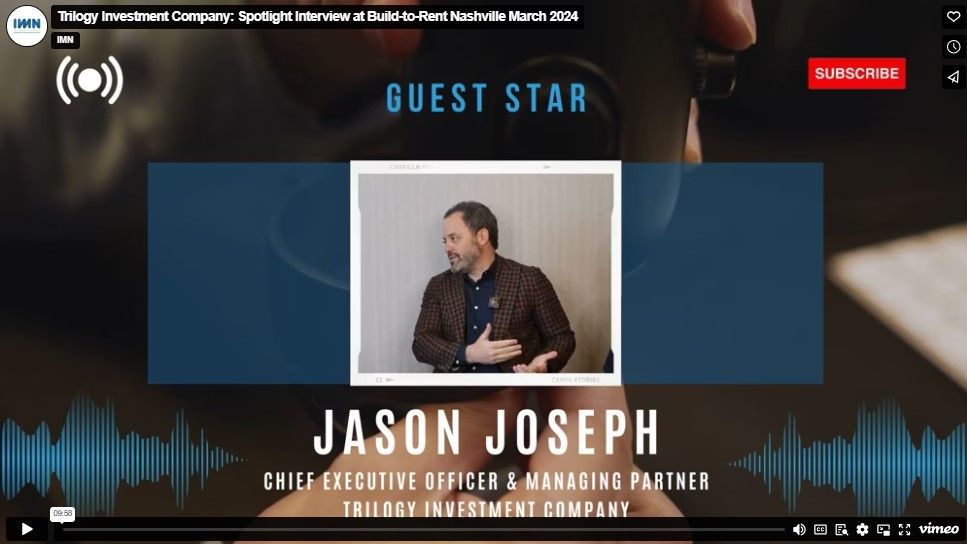
 NICK JERKOVICH
NICK JERKOVICH